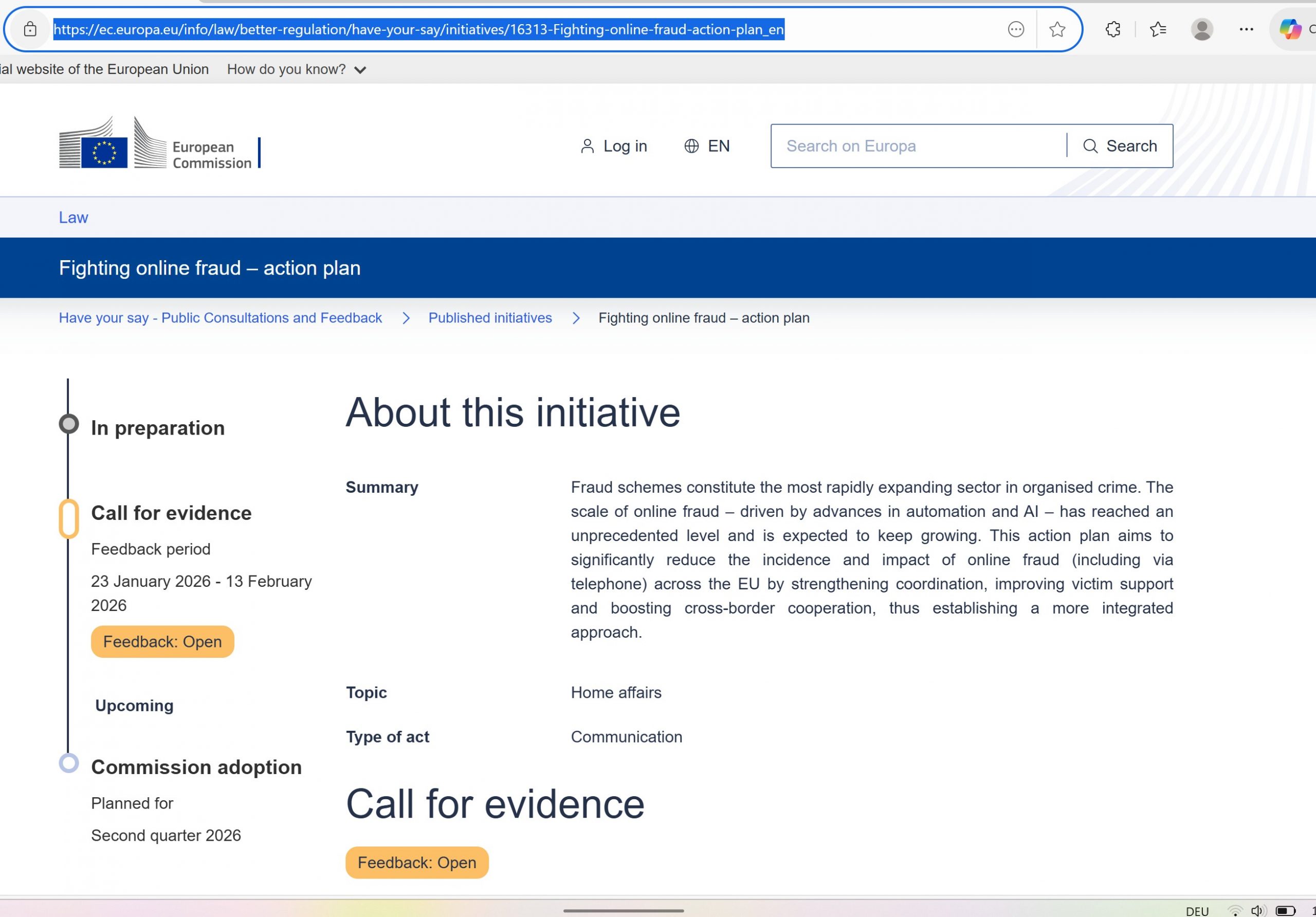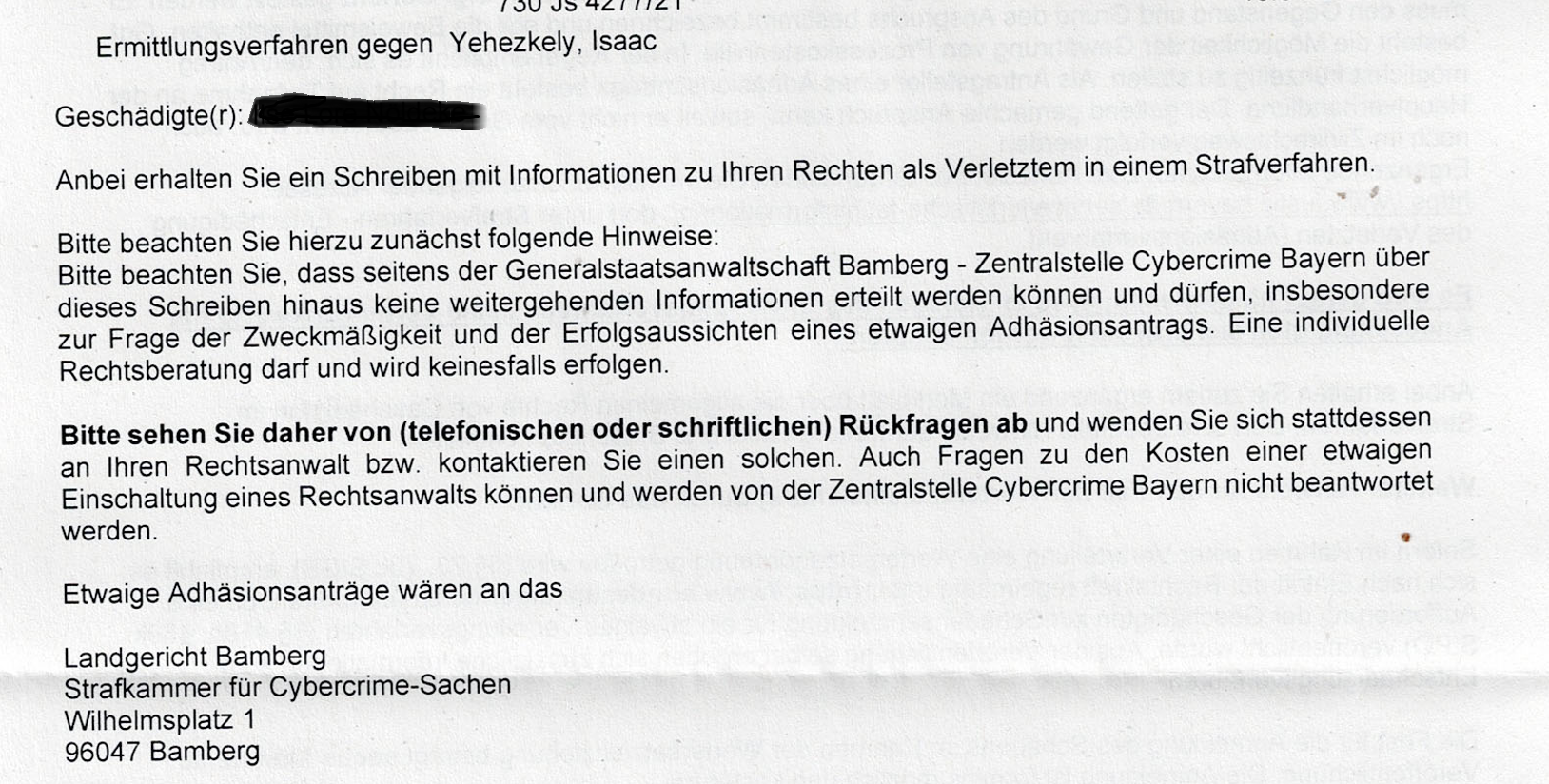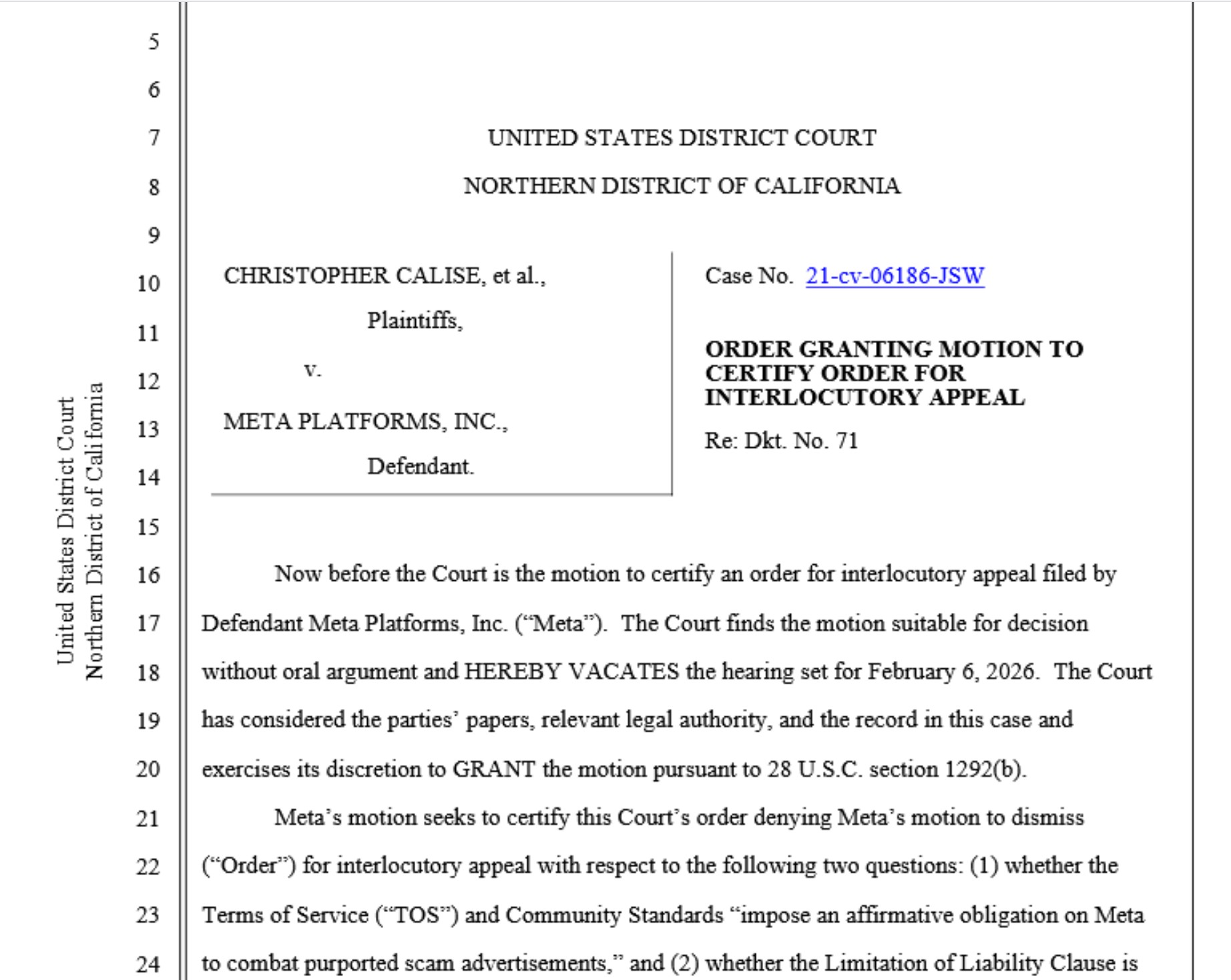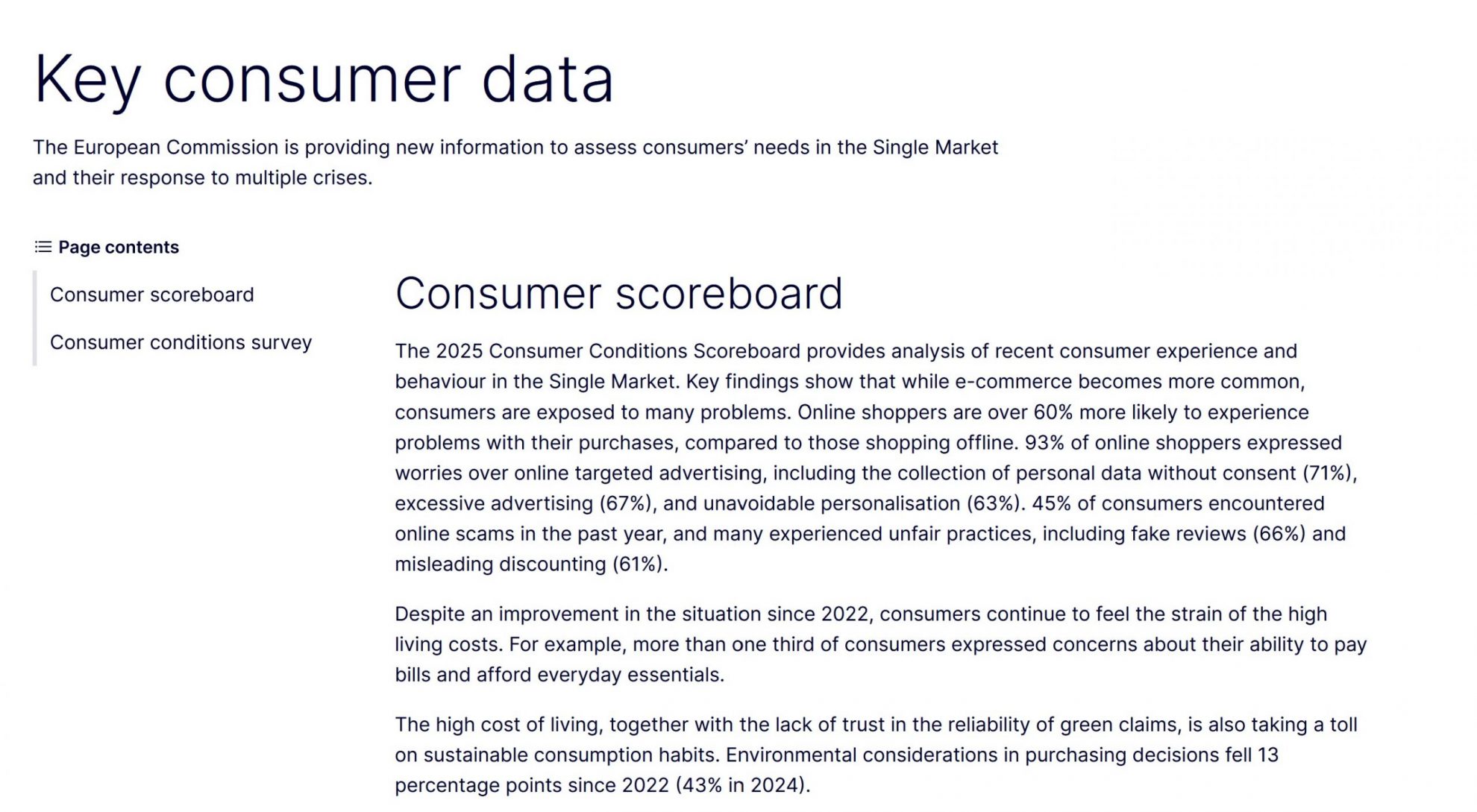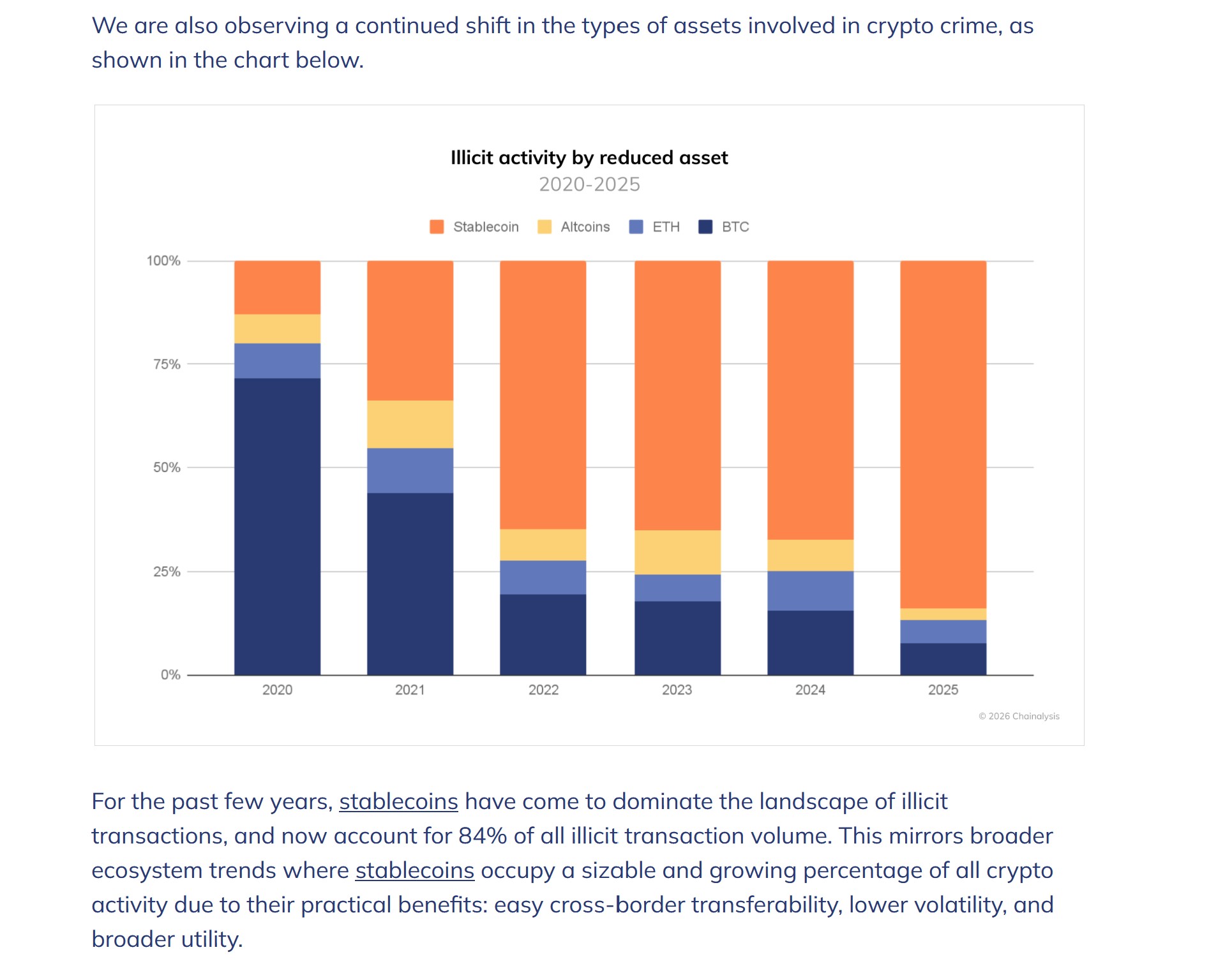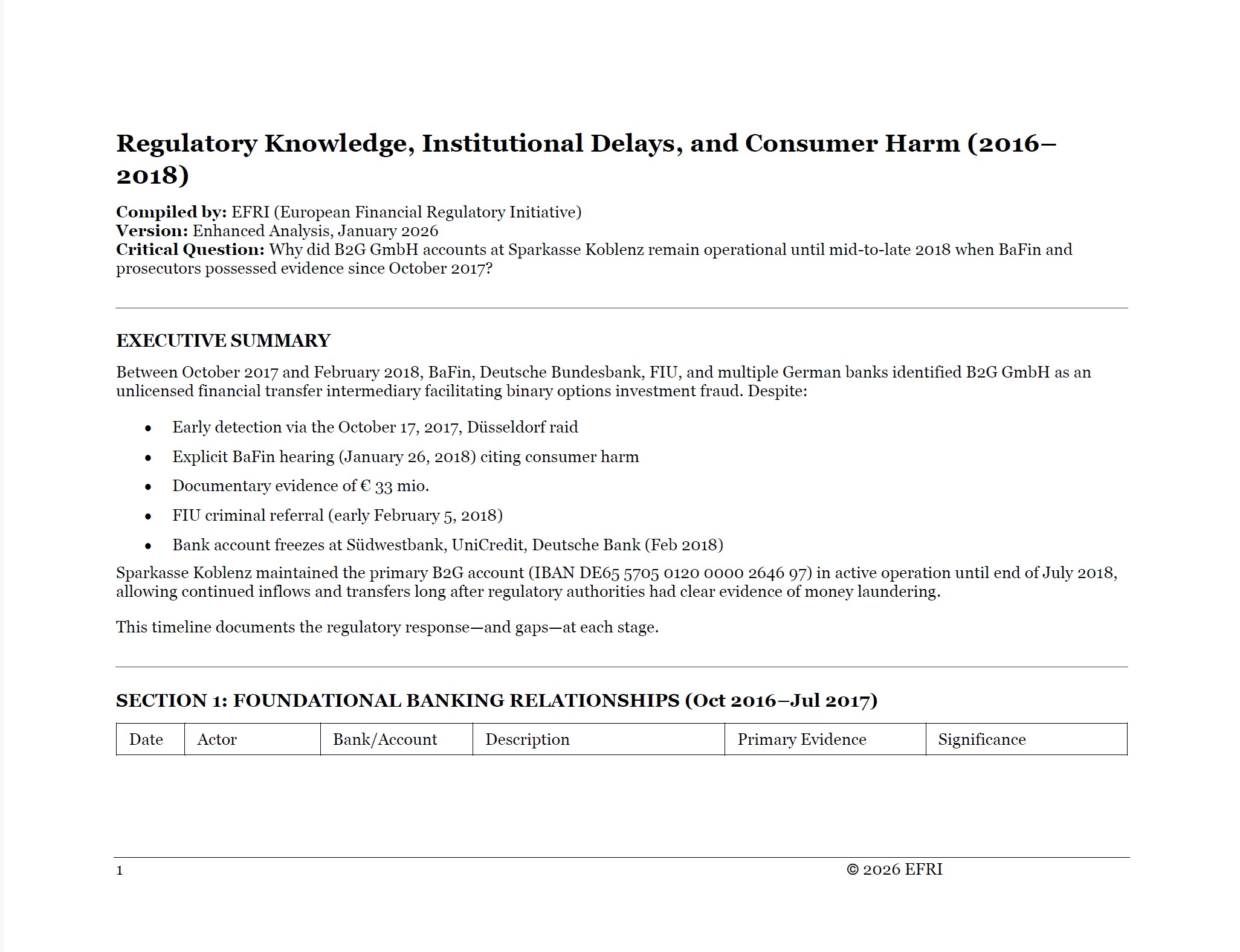No surprise for us: ING has been supporting scams!
On Monday Stichting Collectief Forward Gold Sale (“FGS”) filed a WAMCA -collective action – in the Amsterdam District Court against ING Bank N.V. and Bunq B.V..
According to the writ of summons (registered under Article 1018c(2) Dutch Code of Civil Procedure) the foundation represents ~700 investors who paid deposits into Dutch escrow accounts for forward-gold contracts promoted by Ruby Creek Resources Inc. and Trans Eco Minerals & Mining Ltd but never received the promised bullion. The claim contends that:
the banks breached their statutory and special duty of care by opening and maintaining the escrow accounts despite multiple red flags; and
the resulting loss is around €38 million borne by the small investors. So far.
Shades of Payvision!
EFRI has already publicly accused Payvision (an ING subsidiary) and ING Bank NV itself of systematically processing fraud-tainted payments in breach of their duty of care toward Barak´s and Lenhoff´s victims.
The red flags that FGS says ING and Bunq ignored—including Suspicious Transaction Reports (STRs) filed with the Dutch FIU about dealings with the fraudsters and warnings from supervisory authorities—mirror several of the red flags we have already documented in our own case. Yet, just as Payvision continued its business with Barak and Lenhoff undeterred, ING and Bunq appear to have taken the same approach with the Ponzi scammers.
Even a cursory—and by no means exhaustive—web search for Ruby Creek Resources Inc. uncovers some regulatory sanctions that should have prompted far more thorough due-diligence by the compliance teams at ING and Bunq.
| Date (yyyy-mm-dd) | Supervisory authority | Type of action | Legal ground / stated reason |
|---|---|---|---|
| 2010-08- (exact order date not released publicly; order still in force) | British Columbia Securities Commission (BCSC) | Cease-Trade Order (CTO) – still shown as active on the BCSC “Reporting Issuers List” (column CTO = Yes) | Issuer failed to file required interim financial statements and other continuous-disclosure documents. (eservices.bcsc.bc.ca) |
| 2015-05-20 → 2015-06-03 | U.S. Securities and Exchange Commission (SEC) | Temporary trading suspension under § 12(k) Exchange Act | “Lack of current and accurate information” – company had not filed periodic reports since Q3-2012. (sec.gov) |
| 2015-05-20 (instituted) – 2015-09-30 (terminated) | SEC | Administrative proceeding under § 12(j) to revoke or suspend registration | Same reporting-failures; proceeding was dismissed after Ruby Creek filed a Form 15 (voluntary deregistration, ≤ 300 shareholders). (sec.gov) |
Why our Payvision case is even stronger!
At first glance, our legal case against Payvision looks even stronger. Payvision itself admits it filed 273 Suspicious Activity Reports with the Dutch FIU between September 2015 and January 2019, yet it continued to process roughly €130 million for Lenhoff and Barak. European supervisors issued well over 30 public warnings against the scammers’ websites between 2013 and 2019 for offering investment services without a MiFID II licence. Victims also lodged thousands of charge-back requests—several hundred of them classified as fraud—pushing Payvision above Visa/Mastercard’s charge-back thresholds.
Lessons from the FSG filing
Opt-out for foreign victims:
FGS explicitly requests that foreign investors be included unless they opt out (Art 1018f(5) DCCP) – a power the court may grant on a case-by-case basis. Earlier Dutch decisions show courts are willing to extend the opt-out model beyond Dutch residents where efficiency and fairness justify it.
EFRI is also considering to apply this rule for its WAMCA filing as it would enable us to include all victims from BARAK and Lenhoff ( we have the full lists of victims) with a damage of at least €200 million.
Dutch law is also applicable for foreign victims:
Under Regulation (EC) No 864/2007 (“Rome II”), the applicable law for a tort claim turns on the place where the damage is deemed to have occurred. FGS is likely to invoke the Court of Justice’s Kronhofer judgment (10 June 2004, C-168/02) to argue that the damage occurred at the location of the escrow (trust) account. Should the court accept that view, the fact that the account is maintained in the Netherlands would make Dutch tort law applicable even to claimants who live abroad. The argument draws also on the Opinion of Advocate General Nicholas Emiliou, delivered on 12 June 2025 in the Wunner case (C-77/24).
EFRI represents right now more than 600 victims from 15 different European nations, so the question about the applicable law is the most challenging open item about our WAMCA proceedings.
ING and Bunq: No Willingness for a Settlement!
The claim notes that, despite repeated attempts by the victims to reach an amicable resolution with the major banks, the banks showed no willingness to settle.
Both banks apply an outdated approach!
Given the sheer scale of online fraud—which has grown into a global, even national-security threat—regulators worldwide are debating a very much needed liability shift. Such a liability shift would place responsibility for scam losses on payment service providers rather than on the defrauded consumers: In the UK a mandatory App-fraud reimbursement has already been enacted in late 2024. On 20 June 2025, the OCC, Federal Reserve Board, and FDIC (in the United States) released a joint Request for Information asking stakeholders whether forthcoming rules should re-assign—or “shift”—liability for fraud on real-time payment rails from consumers to the banks that send or receive the funds. In the European Union the Draft Payment-Services Regulation (PSR) foreseeing refunds for specific App fraud cases is on the table.
But the Dutch banks ING Bank NV and Bunq, PSPs with for sure serious issues in fraud prevention (both show up in many scam reports) are still not willing to discuss a settlement with victims.
No doubt, ING Group N.V. will dutifully remind us—yet again in its next annual report—just how deeply the group cares for its customers’ well-being and its unwavering commitment to ethical business.


